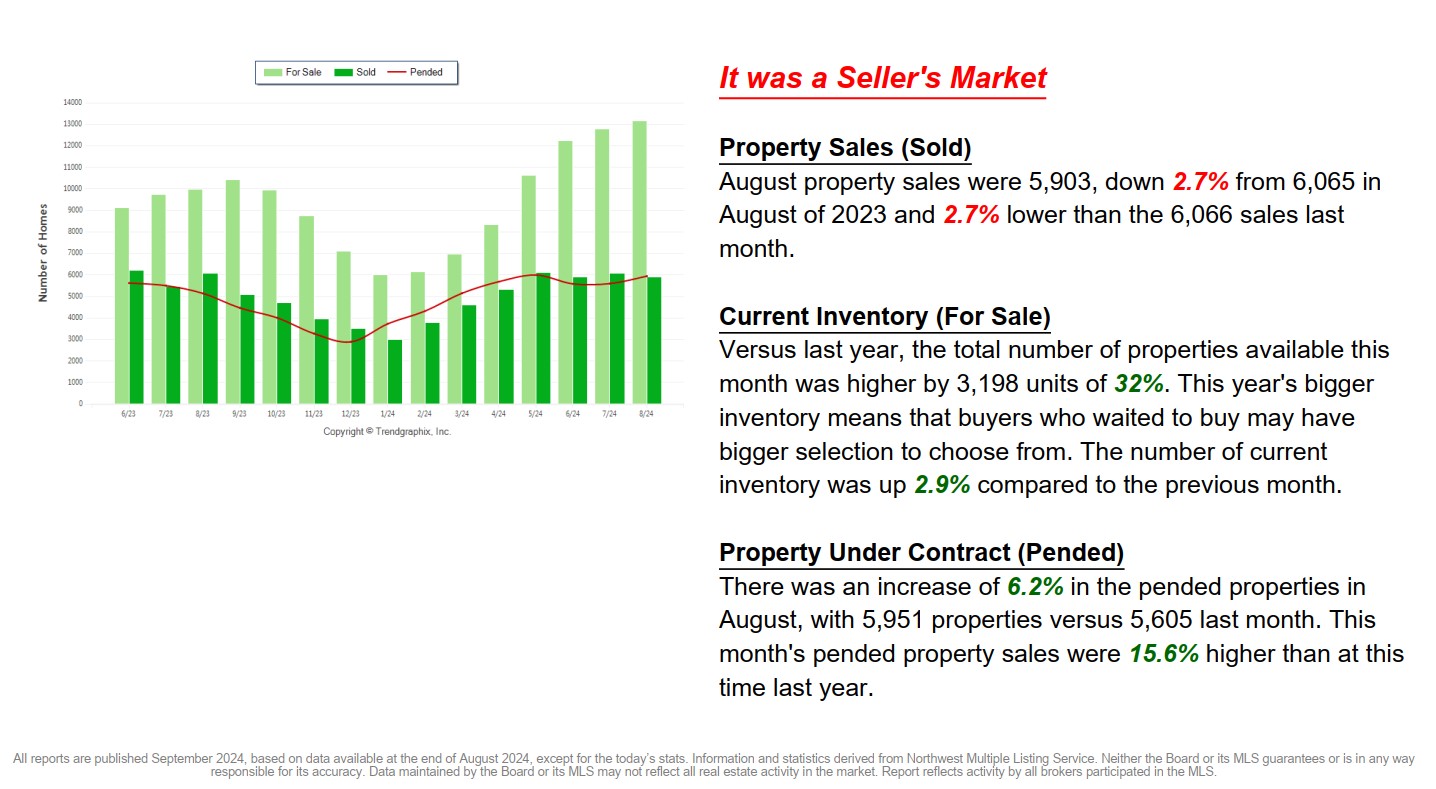SEPTEMBER 2024
REAL ESTATE MARKET UPDATE

CONTACT US:
425-236-6777
Mortgage Rates: Navigating a Complex Market Amid Fed Influence
The dynamics of mortgage rates continue to intrigue the real estate sector as the Federal Reserve's role comes under closer examination. While the Fed can influence borrowing costs through changes to the federal funds rate, it’s crucial to recognize that they do not directly control mortgage rates. These rates are primarily shaped by the performance of mortgage-backed securities (MBS) in the broader financial market. Key factors like inflation expectations and investor demand have a significant influence.
Market Response to Anticipated Fed Rate Cuts
Mortgage rates have already started to decline in response to expectations of future Federal Reserve rate cuts. Even though the Fed has yet to officially lower its benchmark rate, the market appears to be pricing in this potential change, causing rates to dip ahead of any official announcement. This proactive response suggests that market players are already positioning themselves for a lower-rate environment.
Fed Rate Cuts and Their Limited Impact
However, the extent to which a Fed rate cut will further influence mortgage rates may be minimal, as the bulk of the decrease has already occurred. The key takeaway for real estate professionals and potential homeowners is that the broader MBS market plays a more direct role in determining mortgage rate trends. As such, looking beyond the Fed's actions to the performance of these securities offers a more accurate forecast of future movements.
Current Housing Market Update
The current housing market is also a focal point in this evolving landscape. With mortgage rates dropping, experts anticipate increased buyer activity. Factors like inventory levels, pending sales, and average prices are essential to watch. The recent rate decline is expected to boost demand, potentially intensifying competition among buyers and influencing market trends in the coming months.
The dynamics of mortgage rates continue to intrigue the real estate sector as the Federal Reserve's role comes under closer examination. While the Fed can influence borrowing costs through changes to the federal funds rate, it’s crucial to recognize that they do not directly control mortgage rates. These rates are primarily shaped by the performance of mortgage-backed securities (MBS) in the broader financial market. Key factors like inflation expectations and investor demand have a significant influence.
Market Response to Anticipated Fed Rate Cuts
Mortgage rates have already started to decline in response to expectations of future Federal Reserve rate cuts. Even though the Fed has yet to officially lower its benchmark rate, the market appears to be pricing in this potential change, causing rates to dip ahead of any official announcement. This proactive response suggests that market players are already positioning themselves for a lower-rate environment.
Fed Rate Cuts and Their Limited Impact
However, the extent to which a Fed rate cut will further influence mortgage rates may be minimal, as the bulk of the decrease has already occurred. The key takeaway for real estate professionals and potential homeowners is that the broader MBS market plays a more direct role in determining mortgage rate trends. As such, looking beyond the Fed's actions to the performance of these securities offers a more accurate forecast of future movements.
Current Housing Market Update
The current housing market is also a focal point in this evolving landscape. With mortgage rates dropping, experts anticipate increased buyer activity. Factors like inventory levels, pending sales, and average prices are essential to watch. The recent rate decline is expected to boost demand, potentially intensifying competition among buyers and influencing market trends in the coming months.
NWMLS Market Snapshot - AUGUST 2024
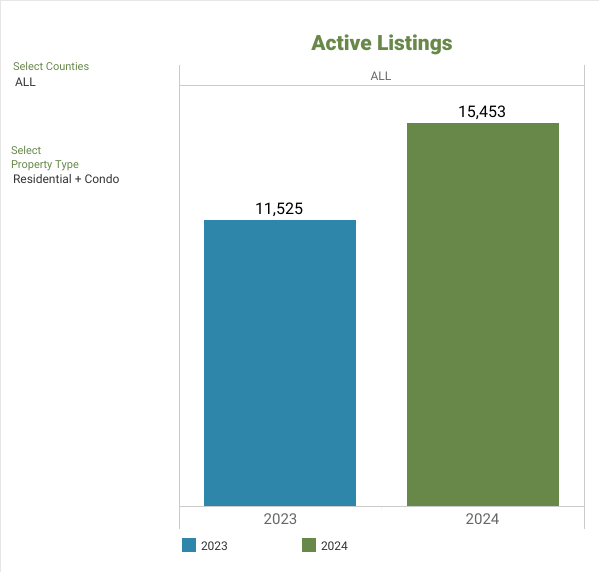
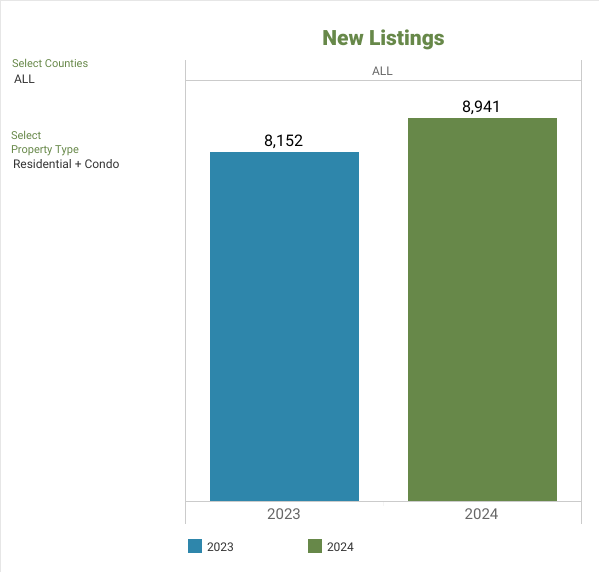
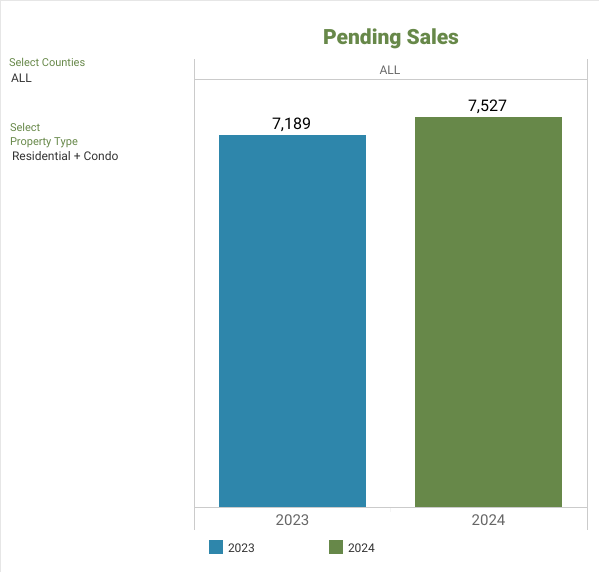
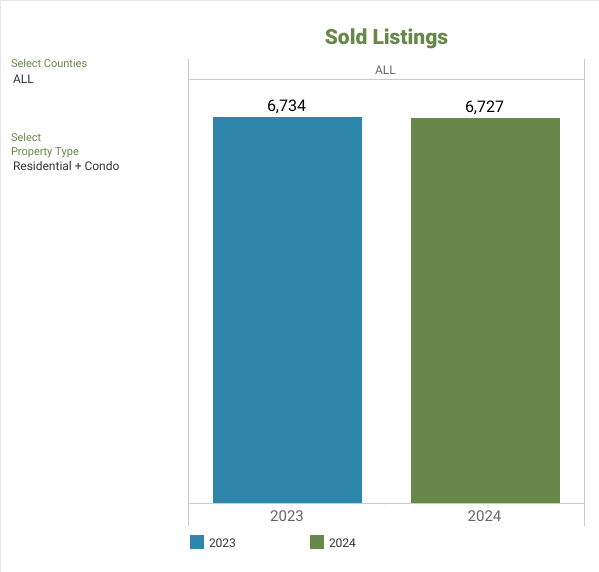
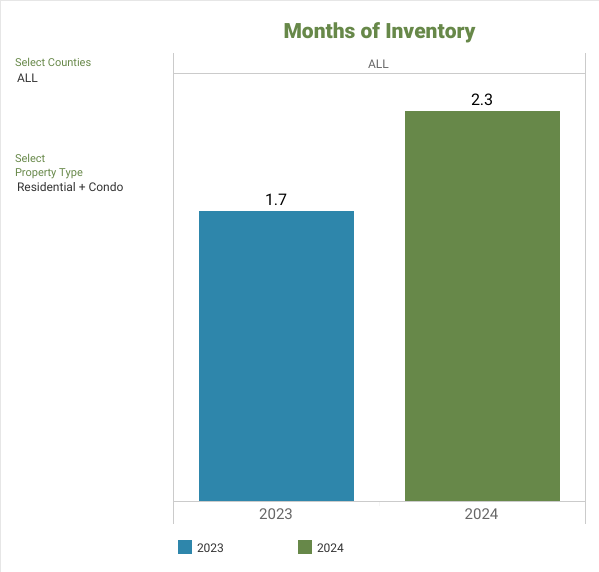
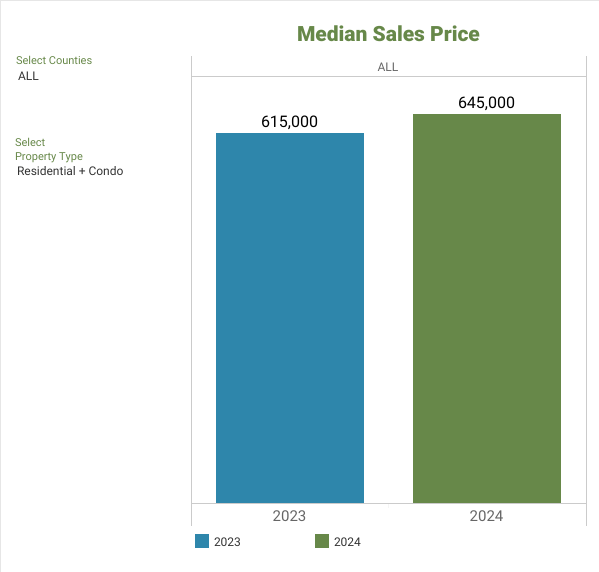
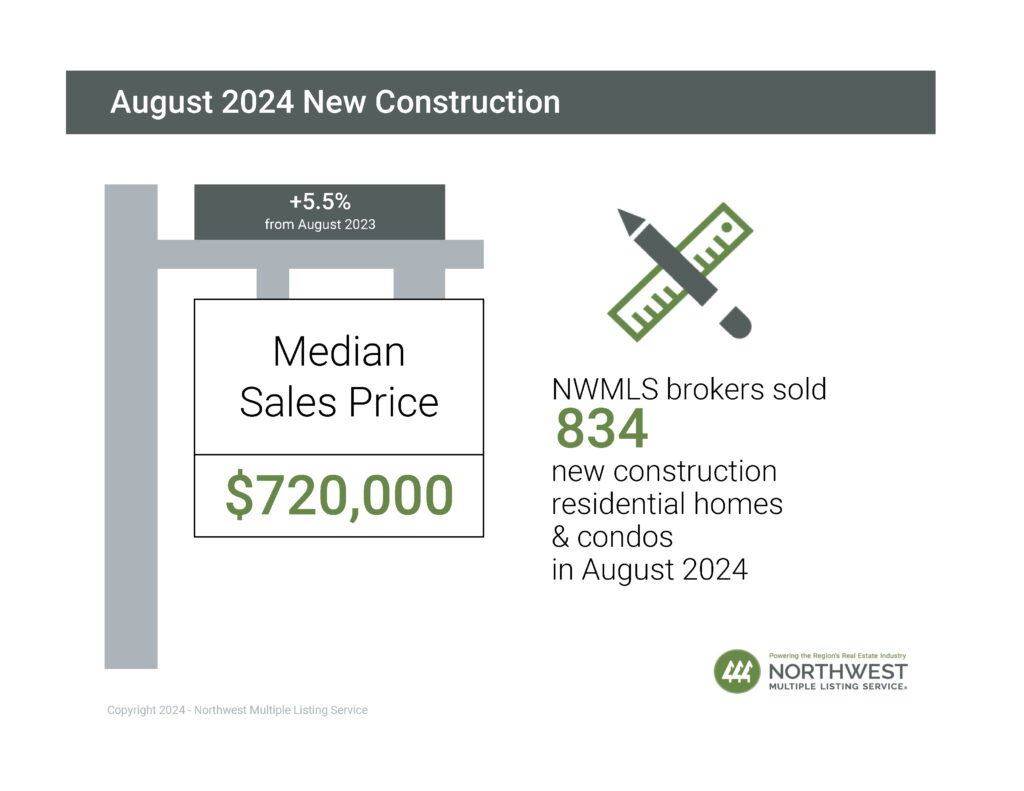
George Moorhead of Bentley Properties talks about Inflations Causing Rates To Go Up and Is The Real Estate Market Crashing? Plus, Top 5 Things You Need To Look For When Getting Mortgage Rates

